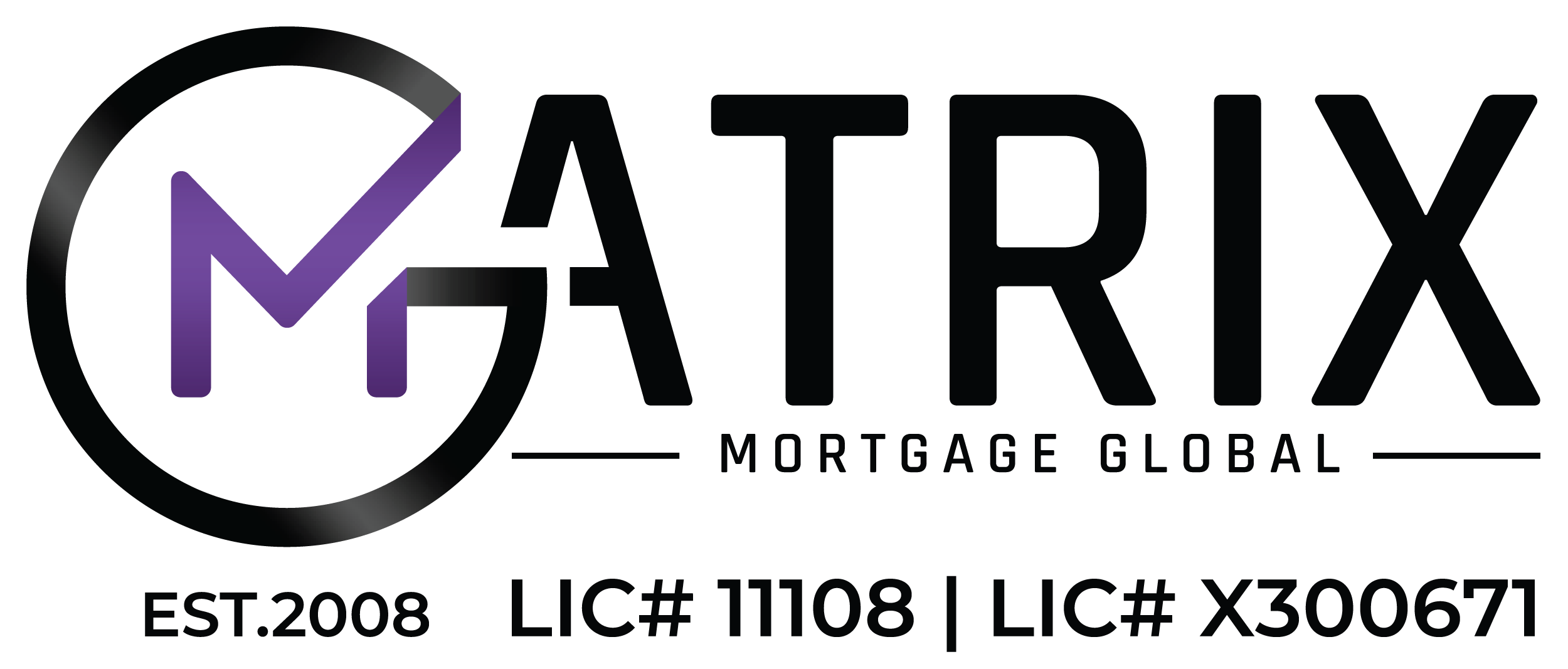
How does a bridge loan work when buying a house?
Looking for a new home and found the perfect one but haven’t sold your current one yet? As a homeowner you likely don’t want to be paying two mortgages as that can add up really quickly. If you’re looking to purchase a new home before you’ve sold your current one there’s something called a bridge loan, which your bank can help you with, to help make the transition from one home to another a little easier financially. Here’s how it works, and a few other things you need to know about bridge financing.

What is a bridge loan?
This loan is a form of temporary financing that helps homeowners to bridge the gap between the time they buy their new home and sell their current home. How it works is it allows you to use the equity in your current home towards the down payment of your new home until your current home sells. The loans are typically 6 to 9 months in length, although they can be extended up to 12 months time in special circumstances. In order to qualify for this type of financing you must have a firm agreement of sale on your current home. When you finally sell your existing home you can use the proceeds of sale to pay off the loan and any interest that has accrued.
Benefits of a bridge loan
A bridge loan can be really helpful for homeowners, especially those who find themselves in really hot real estate markets where they need to make quick decisions to buy their dream home. Sometimes when the market is so intense you get into bidding wars you don’t want to worry about whether your current home is sold or not, you just want to snag your perfect home!
In addition to giving you some financial peace of mind, a bridge loan can give you some extra funds to make upgrades or small renovations to your new home before you even live there. If your new home needs a little work, and you were planning to use the funds of selling your current home to finance those renovations you can use the bridge loan to front the cash so you don’t have to try to do renovations while you’re living there.
Downsides to a bridge loan
While it sounds like a perfect solution for finding your dream home, there are some other things you’ll need to consider before taking on a bridge loan. The biggest item of concern is usually the interest rate you’ll be paying on this kind of loan. Typically the interest rate is higher on a bridge loan than with any other conventional financing, however because it’s a shorter term agreement the extra cost may be minimal for the peace of mind it brings.
This kind of loan is also pretty high risk: you’re taking out additional financing counting on your home selling within the time period of the loan agreement. There is no guarantee that your current home will sell on time, or maybe even that it will sell for what you’re thinking it will.
Before you make an offer on your dream home, it’s important to make sure you qualify for bridge financing and that it’s going to be worth it for you. Talking to your mortgage broker can help you determine the right options for you.

